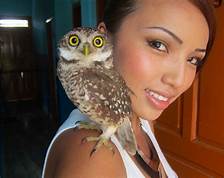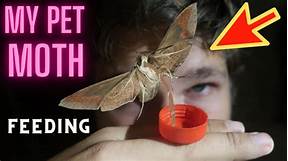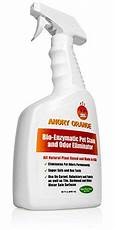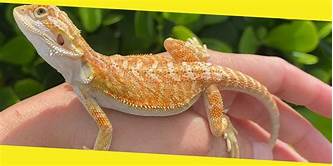Are Owls Allowed as Pets?
Owls are fascinating creatures with their large eyes, distinctive calls, and nocturnal habits. Their appeal has led many to consider keeping them as pets. However, before you decide to bring an owl into your home, it's essential to understand the legality and feasibility of owning one.

Legality of Keeping Owls as Pets
The legality of keeping owls as pets varies across different countries, states, and even cities. In many areas, it is illegal to possess an owl without the proper permits and licenses. These permits are typically issued by government agencies responsible for wildlife conservation and animal welfare.
In the United States, for example, the Migratory Bird Treaty Act (MBTA) prohibits the possession of native owl species. Some states have additional regulations that further restrict the ownership of owls as pets. These restrictions are in place to protect wild owl populations and prevent the spread of diseases.
Feasibility of Keeping Owls as Pets
Even if it is legal to keep an owl as a pet in your area, there are significant challenges associated with providing them with proper care.
Housing and Space Requirements:
Owls require spacious enclosures that mimic their natural habitat. They need adequate space to fly, perch, and engage in their natural behaviors. Designing an enclosure that meets these requirements can be expensive and challenging.
Diet:
Owls are carnivorous birds and their diet primarily consists of live prey such as rodents, insects, and small mammals. Providing a captive owl with a steady supply of appropriate food can be difficult and time-consuming.
Training and Socialization:
Owls are not domesticated animals and cannot be trained like dogs or cats. They require specialized knowledge and experience to handle and care for them properly.
Behavioral and Temperament:
Owls are nocturnal creatures, and their activity patterns may conflict with your own. They can also be quite vocal, particularly during the breeding season. Their sharp talons and beaks can inflict serious injuries if they feel threatened or stressed.
Conclusion:
While owls are captivating creatures, they are not suitable pets for most people. Their specialized needs, legal restrictions, and potential dangers make them challenging and risky animals to keep in captivity. It is always best to admire owls in their natural habitat rather than attempting to keep them as pets.
Declaration: All article resources on this website, unless otherwise specified or labeled, are collected from online resources. If the content on this website infringes on the legitimate rights and interests of the original author, you can contact this website to delete it.




